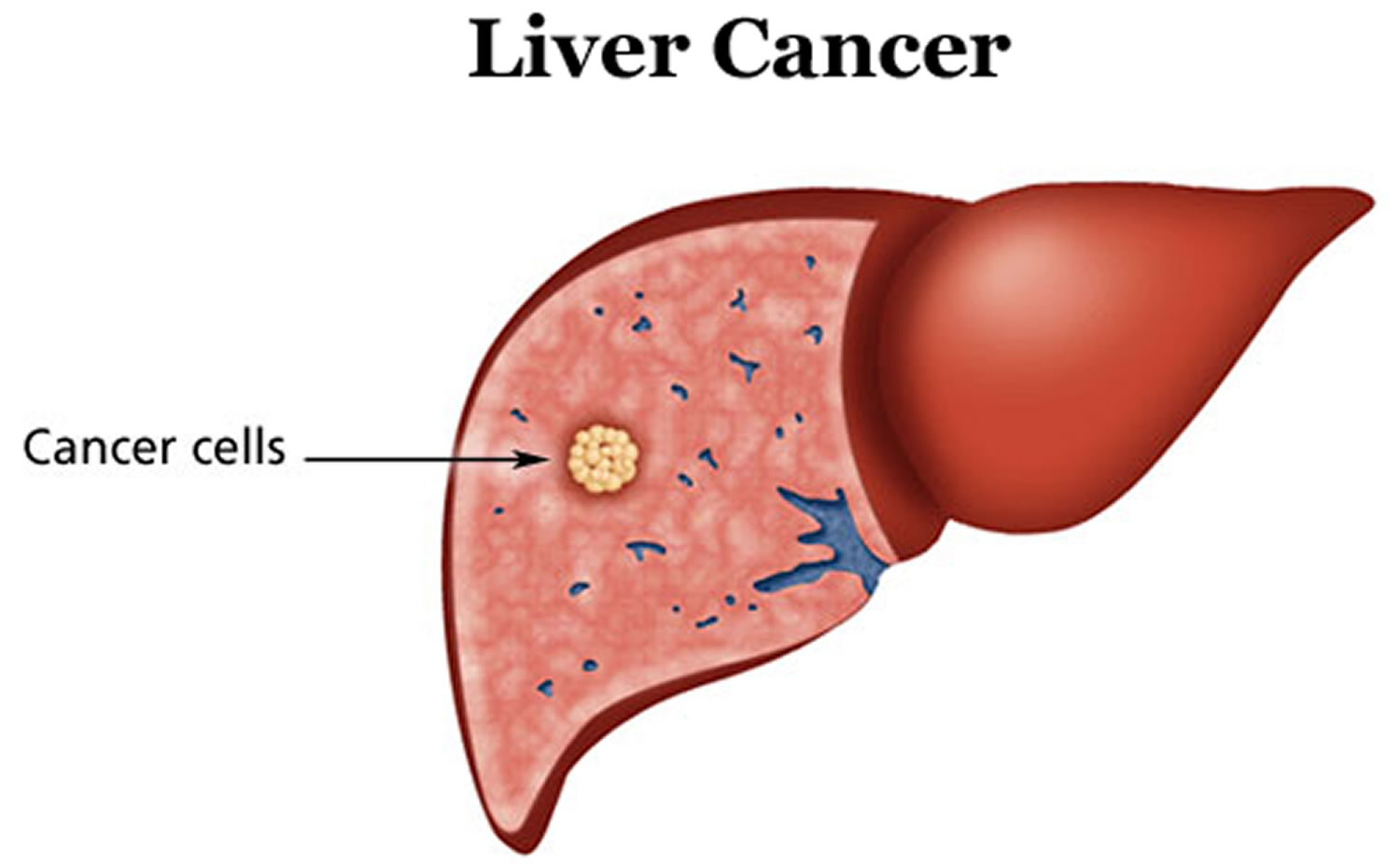Global youth well-being has become a critical focus in discussions about the health and future of societies worldwide. As emerging evidence suggests, factors beyond mere financial prosperity significantly influence the flourishing of young people, impacting their mental health, relationship quality, and spiritual well-being. Prominent studies indicate that many nations, particularly those categorized as middle-income, often demonstrate higher levels of youth well-being compared to wealthier counterparts, highlighting unique challenges related to economic development. The intricate connections between youth experiences, including their social connections and overall happiness, are paramount in cultivating an environment where they can thrive. Investing in the holistic aspects of global youth well-being is essential for fostering not only individual growth but also societal progress.
The topic of youth well-being encompasses various dimensions that contribute to the overall flourishing of younger generations across the globe. In assessing the mental health of young individuals, it’s crucial to consider their emotional resilience, the quality of interpersonal relationships, and the interplay of socioeconomic factors in shaping their experiences. Alternative perspectives on this subject reveal the profound effects of community support and cultural influences on youth happiness and fulfillment. Furthermore, engagement in meaningful relationships and a deepened sense of purpose, often derived from spiritual beliefs, play vital roles in sustaining emotional well-being. Understanding these multifaceted aspects of youth development can provide insights into effective strategies for enhancing their quality of life.
Understanding Global Youth Well-Being
Global youth well-being is an integral component of understanding the overall state of mental health in societies. Recent studies, including the Global Flourishing Study, have highlighted significant disparities in mental health outcomes among youth, particularly in various economic contexts. Evidence suggests that wealth alone does not guarantee youth flourishing; rather, emotional support, nurturing relationships, and healthy environments play crucial roles. This indicates a need for a paradigm shift in how societies prioritize investments in youth, focusing not just on economic conditions but also on cultivating strong interpersonal connections and emotional health.
The implications of these findings are profound, as they challenge the notion that economic prosperity is the primary factor in youth well-being. For example, in wealthier countries, youth may experience loneliness and lack of meaningful relationships despite higher financial security. Conversely, communities in lower-income nations often report higher relationship quality and social connectivity, contributing to a more robust sense of well-being. This highlights the importance of addressing both economic and psychological dimensions in strategies aimed at enhancing global youth well-being.
The Role of Youth Mental Health in Human Flourishing
Youth mental health is a critical focus area within the broader framework of human flourishing. The concept of flourishing encompasses various aspects, including emotional well-being, life satisfaction, and the quality of relationships. It’s essential to recognize that mental health issues in youth, such as anxiety and depression, can hinder their ability to thrive and build fulfilling lives. Early interventions and support systems are paramount in ensuring that young individuals develop resilience and coping mechanisms that contribute to their overall thriving.
Moreover, the recognition of the link between mental health and other flourishing indicators underscores the need for comprehensive health programs. Areas like relationship quality and economic development intersect with mental health, demonstrating that when youth are provided emotional support and healthy social interactions, they are more likely to engage positively in their environments. Effective mental health strategies must aim at fostering not just individual resilience but also enhance communal bonds, ensuring holistic youth well-being.
Economic Development and Its Impact on Youth Flourishing
Economic development fundamentally shapes the contexts in which youth live and grow. However, the recent findings of the Global Flourishing Study challenge the assumption that higher economic indicators naturally lead to better outcomes for young people. While financial stability can enhance access to resources and opportunities, it does not automatically translate into emotional well-being or strong community connections. This brings into question the effectiveness of current economic models when considering youth flourishing.
Countries that have achieved a balance between economic development and strong social structures tend to report better well-being outcomes among their youth. For example, nations that prioritize educational access and quality, along with fostering supportive familial and community relationships, demonstrate higher levels of youth happiness and flourishing. Policymakers must therefore envision economic strategies that integrate mental health considerations and relationship quality into their frameworks to ensure that economic growth serves as a foundation for enhanced global youth well-being.
Exploring Relationship Quality Among Youth
Relationship quality is a pivotal aspect of youth well-being, significantly influencing their mental health outcomes. Healthy relationships, characterized by trust, support, and open communication, can bolster resilience in young individuals facing life’s challenges. Research indicates that youths who maintain close connections with family and friends exhibit higher rates of happiness and lower instances of mental health issues. This reinforces the idea that fostering strong, supportive relationships is as crucial as any economic or educational attainment.
Moreover, the role of relationships in promoting spiritual well-being cannot be overstated. Engaging with peers and family in meaningful ways contributes to a sense of belonging and purpose, essential elements in the flourishing model. Encouraging youth to develop and maintain quality relationships should thus be a priority for parents, educators, and community leaders, integrating these social aspects into health promotion strategies and policies aimed at supporting youth mental health.
Spiritual Well-Being and Its Importance for Youth
Spiritual well-being serves as a vital component of human flourishing and, more specifically, youth mental health. It encompasses the search for meaning, purpose, and an understanding of one’s place in the world. Youths who engage with their spiritual beliefs often report better coping mechanisms during stressful periods, contributing to greater overall well-being. Additionally, spiritual connections can foster a sense of community, essential for emotional support.
Studies suggest that participation in faith-based activities or spiritual practices can enhance youths’ outlook on life, providing them with frameworks for resilience and hope. Integrating spiritual well-being into the broader narrative of youth mental health is crucial, as it complements other aspects of flourishing, including emotional and relational health. By prioritizing spiritual dimensions within youth development programs, communities can cultivate more resilient and flourishing generations.
Addressing Youth Mental Health Challenges
Addressing youth mental health challenges requires a multi-faceted approach that includes both preventative and intervention measures. As evidenced by recent studies, including findings from the Global Flourishing Study, it is clear that many youths are struggling with their mental health, impacting their overall well-being. Societal stigma, lack of access to resources, and insufficient mental health education remain critical barriers to seeking help.
Initiatives aimed at increasing awareness, improving access to mental health resources, and providing education on coping strategies are essential in addressing these challenges. Schools and community programs should play a leading role in fostering environments where youth feel safe discussing their mental health concerns. By prioritizing these initiatives, we can equip young individuals with the tools they need to navigate the complexities of life, enhancing their overall prosperity and well-being.
The Impact of Educational Opportunities on Youth Flourishing
Educational opportunities are a cornerstone for youth flourishing, significantly impacting their mental health and overall life satisfaction. Access to quality education not only provides youths with knowledge and skills but also fosters critical thinking, creativity, and social integration. According to recent data, the benefits of education extend beyond academic achievements, intertwining with aspects such as economic stability and relationship quality, both essential for holistic well-being.
Moreover, environments that advocate for inclusive education promote resilience and personal growth among youth. When educational institutions address the varying needs of students and facilitate supportive relationships between peers and educators, they contribute to a more flourishing youth population. As such, enhancing educational frameworks should be prioritized within national strategies aimed at improving global youth well-being and mental health.
Long-Term Consequences of Neglecting Youth Well-Being
Neglecting youth well-being carries significant long-term consequences for both individuals and societies at large. As the Global Flourishing Study emphasizes, failing to invest in the mental and emotional health of youth can lead to societal challenges, including increased mental health disorders, decreased productivity, and strained social networks. Consequently, countries that overlook the needs of their youth may face unsustainable growth and a decline in overall flourishing.
Moreover, the direct correlation between the quality of life among youth and future societal health cannot be ignored. Ensuring that young individuals feel valued, supported, and connected will lead to healthier adults who can contribute positively to society. This calls for proactive investments in programs that promote holistic well-being, emphasizing mental health support, relationship building, and education, to safeguard a flourishing future for upcoming generations.
Strategies for Enhancing Global Youth Well-Being
Enhancing global youth well-being requires a multifaceted approach that addresses various domains influencing mental health and flourishing. One significant strategy involves creating supportive community environments that prioritize healthy relationships, mental health education, and access to recreational activities. Encouraging collaboration between governments, non-profits, and educational institutions can facilitate the development of comprehensive programs that cater to the diverse needs of youths.
Incorporating youth perspectives in the formation of well-being initiatives is also essential. Engaging them in discussions about their needs and aspirations allows for tailored solutions that resonate with their experiences. By fostering environments that nurture personal and collective flourishing, societies can ensure that they are well-equipped to support the next generation, ultimately enhancing global youth well-being.
Frequently Asked Questions
What is the relationship between global youth well-being and mental health?
Global youth well-being is intricately linked to youth mental health, as mental health challenges can significantly hinder personal development and happiness. Promoting mental health initiatives and support systems is essential for ensuring that young people can flourish in their communities.
How does economic development impact global youth well-being?
Economic development plays a crucial role in global youth well-being by creating opportunities for education, employment, and access to resources. However, the Global Flourishing Study highlights that financial prosperity alone does not guarantee well-being, emphasizing the need for holistic approaches that also nurture relationships and community connections.
What factors contribute to human flourishing among youth globally?
Human flourishing among youth globally is influenced by several factors, including positive relationships, mental health support, financial security, and spiritual well-being. The Global Flourishing Study indicates that nurturing these aspects can enhance overall youth well-being and facilitate a more prosperous future.
How do relationship quality and global youth well-being correlate?
Relationship quality has a strong correlation with global youth well-being. Positive relationships provide emotional support, enhance resilience, and contribute to a sense of belonging, which are all essential components of flourishing in youth populations.
Can spiritual well-being influence global youth well-being?
Yes, spiritual well-being can significantly influence global youth well-being. Engaging in spiritual practices and community participation often fosters a sense of purpose and connection, which is vital for promoting holistic flourishing and reducing feelings of isolation among young people.
What are the common challenges youths face regarding their well-being around the world?
Around the world, youths face common challenges to their well-being, including mental health issues, lack of access to education and employment, and social isolation. Understanding these challenges is crucial to developing effective programs that enhance global youth well-being.
How important is access to mental health resources for global youth well-being?
Access to mental health resources is critical for global youth well-being. Providing youth with the necessary tools and support can help them manage stress, anxiety, and other mental health issues, ultimately leading to a more fulfilling and productive life.
What role does community involvement play in enhancing global youth well-being?
Community involvement plays a significant role in enhancing global youth well-being. Active participation in community activities not only fosters a sense of belonging but also cultivates skills, enhances relationships, and provides youths with opportunities for personal growth and development.
| Key Point | Details |
|---|---|
| Global Youth Well-Being Study | A study involving 203,000 participants from over 22 countries to assess youth well-being. |
| Findings Highlight Economic Paradox | Wealth does not guarantee happiness; middle-income countries often outperform wealthy nations in youth well-being. |
| Youth Satisfaction Trends | Indicators show youth satisfaction is dropping, with a troubling J-shaped curve indicating low flourishing in late teens to early twenties. |
| Importance of Relationships | Strong familial relationships and childhood health correlate with higher levels of adult flourishing and well-being. |
| Need for Investment in Youth | Calls for increased investments in the future to improve conditions and well-being among younger populations. |
| Longitudinal Research Future | The study will continue with annual surveys to track progress and evolving patterns in youth well-being. |
Summary
Global youth well-being is a topic of utmost importance in today’s world, as demonstrated by the recent findings from a comprehensive study on human flourishing. The results illustrate significant disparities in youth satisfaction across countries, stressing that economic wealth alone does not equate to a high sense of well-being. Particularly in the United States, there are alarming trends that indicate lower flourishing levels among youth compared to older adults. To enhance global youth well-being, it is crucial that nations recognize the importance of nurturing relationships, mental health, and community support, rather than solely focusing on economic growth. As we look forward, it is essential to invest in our youth to cultivate a happier, healthier, and more fulfilled generation.



